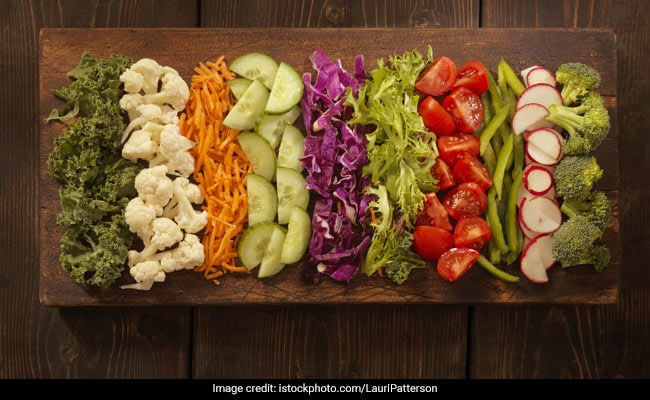
- Eggs are one of the best food sources of protein
- They are considred to be the ideal food
- Eat more of healthy fats and proteins to follow keto diet
The transition to keto diet and then maintaining consistency in following it are the most difficult aspects of following it. The diet involves restricting intake of carbs, increasing intake of healthy fats and eating proteins in moderate amount. The carb restricting aspect of keto diet is the most challenging part of it. So, we are going to discuss a few points that can help in easing this transition and maintaining consistency while following the keto diet, which is popular for giving quick weight loss results.
Keto diet: Tips for beginners to easily get into ketosis
Following the keto diet can be especially difficult for people who have just started with it. To successfullly follow the keto diet and get results from it, the body needs to enter a state of ketosis. Ketosis is a process which occurs when the body burns fat for energy, instead of carbs. In the process of burning fats, it makes ketosis, which it uses for fuel.
Also read: Vegan Keto Diet: Know What To Eat And Avoid For Weight Loss
Here are some tips that can help you:
1. Drink sufficient water
Fluid secretion occurs more in keto diet as it is a low-carb diet. Drinking sufficient water and eating hydrating foods is thus of crucial importance. Beginners of keto diet need to insure that they drink ample amount of water through the day. Hydrating foods like cucumber, lettuce, spinach and kale can also be good options as they are also low in calories. Proper hydration can also keep your cravings in check.
2. Eat healthy fats in the right quantity
Fats are the primary source of nutrients if you are following a low-carb keto diet. To keep yourself from starving and craving food all the times, make sure you eat good fats in filling quantities. We don't imply overeating here. The idea is to satiate your hunger properly and not stay hungry at all. Processed and trans fats need to be off the table. Homemade butter, ghee, avocado, coconut oil, cheese, fatty fish olive oil and almond oil are sources of healthy fats that must be part of your diet.
Also read: The Truth About Fats And Why They Are Extremely Important For You
3. Do not eat starchy vegetables
Beginners may find it difficult to make the right choice for keto diet since even the non-starchy vegetables need to be excluded. Potatoes, corn, peas, pumpkin and beans are some examples of starchy foods that you must avoid in order to stay in a state of ketosis.

Low carb veggies should be your preferred pick if you are following keto diet
Photo Credit: iStock
4. Bank on eggs
Eggs are considered to be the ideal keto food. They are rich in proteins and healthy fats that can be helpful for weight loss in keto diet. The best part about eggs is that they are an extremely versatile food. You can have them fried, boiled, make an omlette, have them with low-carb sandwiches and can even add them to salads.
Also read: Try This Quick And Easy Eggs And Avocado Keto Breakfast For Quick Weight Loss
5. Be patient
How you feel in the first few weeks of keto diet is not going to be very pleasant. Having patience is they key to following a keto diet. You will begin to see weight loss results in just a few days and that is the biggest motivation to continue following the diet. But the cravings, mood swings, headaches and other side effects that may occur during the first few weeks of following keto diet can make it difficult for beginners to adapt to the diet plan. Take a dietitian or nutritionists' help to make the transition easy for you.
Disclaimer: This content including advice provides generic information only. It is in no way a substitute for qualified medical opinion. Always consult a specialist or your own doctor for more information. NDTV does not claim responsibility for this information.

